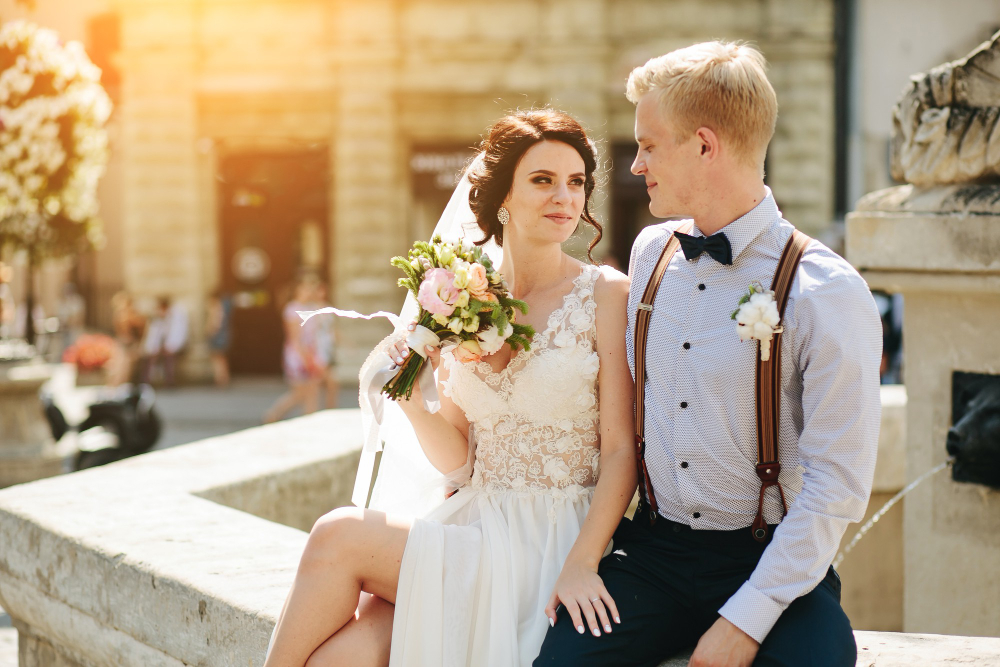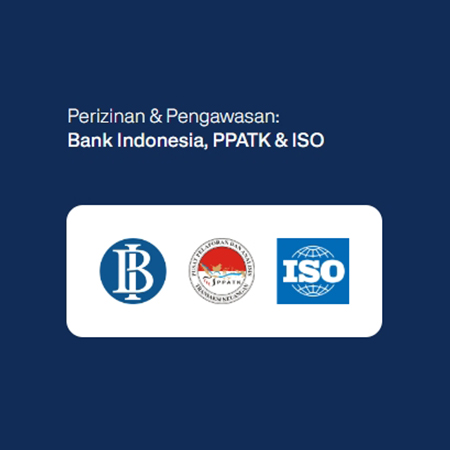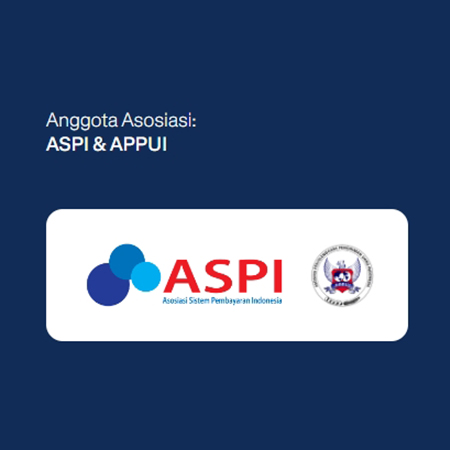Iceland is a Nordic country known for its natural beauty and a society that strongly upholds equality. Marrying an Icelandic citizen is an exciting cross-cultural journey. But before stepping into marriage, it’s important to understand the culture, customs, and values of Icelandic society to build a harmonious and lasting relationship. Let’s explore it here.
See Also: Send money to Iceland easier, faster, and 100% secure via Transfez app or website.
List of Content
Toggle1. Understanding Icelandic Cultural Identity

Icelandic culture is heavily influenced by Nordic heritage and Viking history, yet the society is also known to be very progressive. It boasts a rich literary legacy, with sagas and Eddas dating back to the 12th century. Traditional arts include weaving, silverwork, and wood carving.
A unique aspect of Icelandic culture is the naming system. Unlike many countries, Icelanders generally do not use family surnames. Instead, they use a patronymic or matronymic system. For instance, if the father’s name is Jon, the son’s last name becomes Jonsson, and the daughter’s Jonsdottir. Understanding this tradition is important, as women in Iceland often keep their names after marriage, reflecting the country’s strong gender equality values.
See Also: These are the Most Popular Professions in Iceland with High Salaries
2. Gender Equality in Marriage

As mentioned, Iceland ranks among the highest globally for gender equality. The country has long implemented pro-equality policies, including three months of fully paid parental leave for both parents. Since 2018, a law has required equal pay for men and women in the workplace.
In a marriage context, this suggests that Icelandic partners expect egalitarian relationships, where domestic duties and parenting are shared equally. Women often take on roles traditionally held by men, such as in farming or construction, which is a reflection of cultural history.
That’s why it’s essential to respect these principles and engage in open dialogue about mutual expectations early on to avoid cultural misunderstandings.
See Also: These are the Most Popular Professions in Iceland with High Salaries
3. Wedding Traditions and Ceremonies in Iceland

Wedding ceremonies in Iceland vary widely depending on the couple’s preferences. Modern couples often choose simpler civil weddings, though some include traditional elements.
The Asatru pagan faith is gaining popularity, and some couples opt for weddings incorporating these elements, such as blót ceremonies or naming rites in pagan temples. The first Asatru temple in over 1,000 years was recently built on the outskirts of Reykjavík, indicating renewed interest in this tradition.
If your partner follows Asatru, expect a nature-honouring ceremony, often held on a picturesque beach or near soothing hot springs. However, the majority of weddings in Iceland still adhere to Christian traditions or secular approaches.
See Also: Looking for Profits in Europe? Here Are the Most Promising Businesses in Iceland Right Now
4. Legal Procedures for Marrying an Icelandic Citizen

Marriage to a foreign national, including an Icelander, requires fulfilling certain legal requirements. These include:
- Minimum age of 19 (as per Marriage Act No. 1 of 1974, amended in 2019)
- Single status or being a divorcee/widow (with proof of divorce or death certificate if applicable)
- Certificate of No Impediment from the Icelandic embassy
- Health certificate
The procedure involves a religious or cultural wedding ceremony, followed by registration at the Office of Religious Affairs for a marriage certificate. If the wedding takes place in Iceland, apply for a marriage visa and ensure your passport is valid for at least 6 months. Contact the Icelandic embassy for detailed visa information.
5. Cultural Challenges and How to Adjust

Cross-cultural marriages often face challenges stemming from cultural differences. Language is a major one. While many Icelanders are fluent in English, Icelandic remains the official language used in daily life.
The cuisine may also feel unfamiliar. Traditional dishes such as hakarl (fermented shark) or borramatur (organ meat dishes) are common during special events. Although younger generations prefer modern foods like pizza, showing respect for traditional cuisine can help you bond with your partner’s culture.
6. Daily Life with an Icelandic Partner

Icelanders are known for their liberal views and high regard for individual freedom. The country’s exceptional safety enables a relaxed lifestyle. For example, babies can be left in strollers outside cafes without concern, highlighting a deep-rooted culture of trust and community.
In household life, Icelandic partners value both independence and teamwork. One unique tradition includes letting babies nap outdoors to enjoy fresh air. If you plan to raise children with an Icelandic partner, it’s good to discuss such traditions openly.
7. Tips for Building a Harmonious Relationship

To build a lasting relationship with an Icelandic citizen, it’s important to respect their independence, for example, by giving them space for personal hobbies or activities. You should also learn about Icelandic culture through their sagas or by visiting museums in Reykjavík.
Open communication about differences in culture, religion, or lifestyle is crucial from the beginning to avoid conflicts later. Participating in festivals like National Day or Sumardagurinn fyrsti (First Day of Summer) is also a great way to experience Icelandic culture firsthand.
By respecting independence, learning the culture, maintaining open communication, and joining in local festivals, you can strengthen your bond with your Icelandic partner. The key is mutual understanding and adaptation.
Marrying an Icelandic citizen is a fascinating cultural adventure. Understand their values, communicate openly, and prepare for differences. That way, your marriage will be harmonious and truly unforgettable.
Download Transfez App
Transfez App can help you transfer money abroad more quickly and efficiently. Jack Finance can also help your business in making transactions abroad. For those of you who want to send money to relatives who are abroad because they are studying, working, or traveling, Transfez will be ready to help. This app is available on Android as well as iOS.











